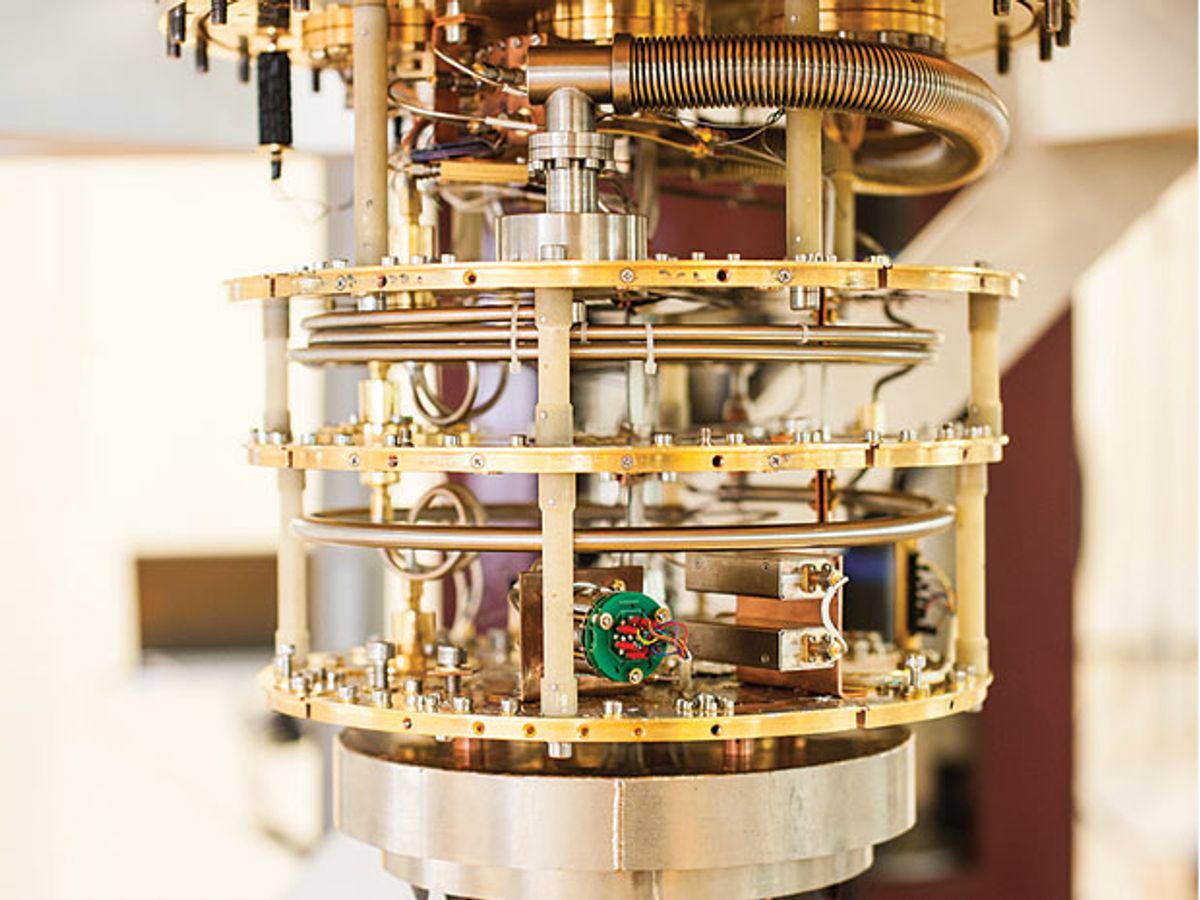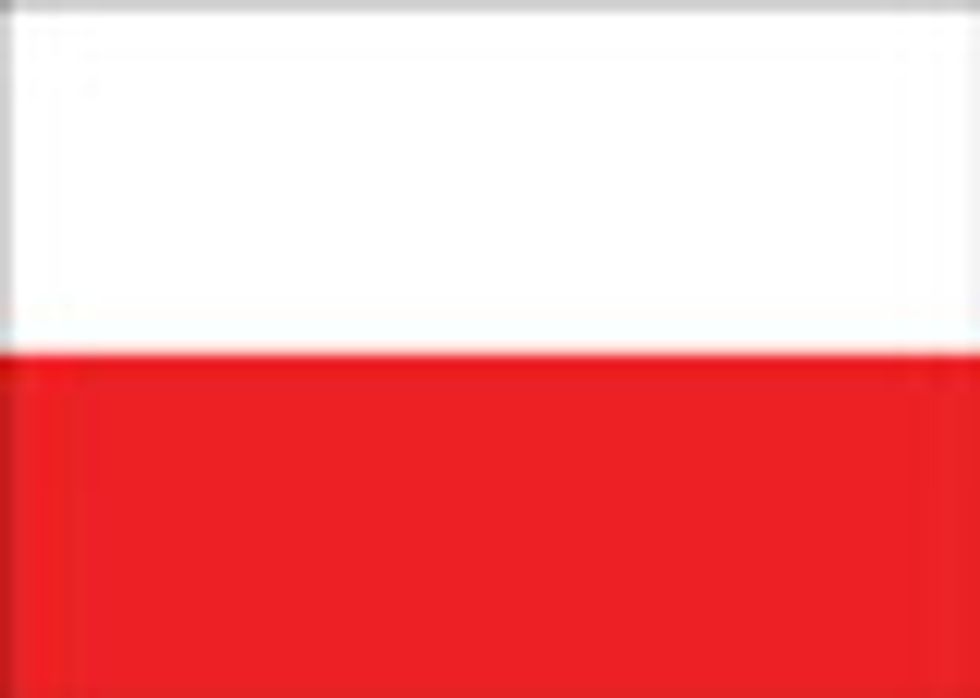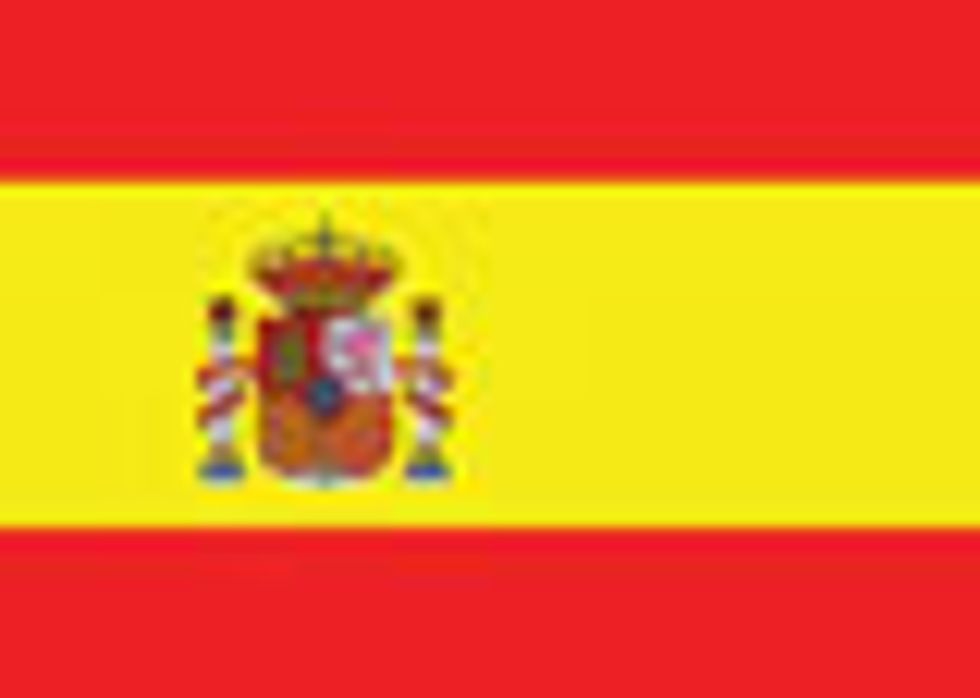European quantum physicists have done some amazing things over the past few decades: sent single photons to Earth orbit and back, created quantum bits that will be at the heart of computers that can crack today’s encryption, and “teleported” the quantum states of photons, electrons, and atoms. But they’ve had less success at turning the science into technology. At least that’s the feeling of some 3,400 scientists who signed the “Quantum Manifesto,” which calls for a big European project to support and coordinate quantum-tech R&D. The European Commission heard them, and answered in May with a €1 billion, 10-year-long megaproject called the Quantum Technology Flagship, to begin in 2018.
“Europe had two choices: either band together and compete, or forget the whole thing and let others capitalize on research done in Europe,” says Anton Zeilinger, a physicist at the University of Vienna who did breakthrough work in quantum teleportation, which would be key to a future Internet secured by quantum physics.
Some European Hubs of Quantum Activity
GERMANY
Max Planck Munich (MPQ): Demonstrated a quantum logic gate for photons
THE NETHERLANDS
QuTech, Delft University of Technology: Demonstrated error corrected building block of a quantum computer
POLAND
National Quantum Information Centre (KCIK), Gdansk: Explored fundamental limits of quantum cryptography
SPAIN
Institute of Photonic Sciences (IFCO), Barcelona: Discovered theoretical foundations for certain quantum simulations
UNITED KINGDOM
Networked Quantum Information Technologies (NQIT), University of Oxford, England: Built first quantum logic gate using two different types of ions
The European Commission formally announced the funding for this project in May at a conference in Amsterdam, cohosted by QuTech, the most prominent quantum research lab in The Netherlands. There, about 350 scientists, representatives of European industry, and emissaries from U.S.-based global tech firms such as Google, Lockheed Martin, and Microsoft, hammered out the project’s priorities. “The organization and shape of the flagship still has to be defined,” says Anouschka Versleijen, a materials scientist and program director at QuTech. “But the ball has been set rolling.”
In Amsterdam, the potential quantum technologies debated went far beyond the usual suspects: unbreakable encryption, an unhackable Internet, and computing that can crack problems it would take today’s machines 100 years to solve. The new technologies included quantum simulation, quantum sensors, quantum imaging, quantum clocks, and quantum software and algorithms.
In quantum simulation, purpose-built quantum computers would perform quantum-mechanics-level modeling of materials, which would be impractical on today’s classical computers. The simulations would elucidate the fine structures of superconductors and map out complex chemical reactions to predict whether a newly engineered material would be stable.
Quantum sensors and quantum imaging will be especially useful in medicine. For example, they’ll allow new ways to sense the heart’s magnetic field, which could more accurately diagnose and distinguish heart diseases. “You will be able to obtain images of things that we were never able to see before,” says Mark Everitt, a physicist focusing on quantum engineering at Loughborough University, in England.
Quantum clocks, which track the vibrations of a single atom to provide almost unimaginable accuracy, will serve a wide range of purposes, including accurate measurements of the local gravity potential and precision timing of financial transactions, says Helen Margolis, of the United Kingdom’s National Physical Laboratory. She reports that the best of these quantum clocks could be made so accurate that they’d gain or lose no more than 1 second every 30 billion years.
New quantum algorithms could allow quantum computers to process data at a much higher speed, allowing for database searches, machine learning, and image recognition with unprecedented speed. Making use of such algorithms might be made easier for a broader range of coders because of quantum compilers that Microsoft and others are working on.
With such a potentially valuable set of technologies in the offing, why didn’t Europe go all in sooner? According to Zeilinger, a portion of the problem was in the communication between scientists and engineers. Some of the weirdness of quantum theory puts off engineers, he says. “This is an old problem in Europe: Industry in Europe is more skeptical than in the United States, although it is now losing some of its skepticism,” he says.
Everitt agrees. Many areas of quantum mechanics are no longer problems of physics; they are now engineering problems, he argues. “For these areas, we will see great progress that will lead to new products.”
This article appears in the July 2016 print issue as “Europe Bets €1 Billion on Quantum Tech.”





